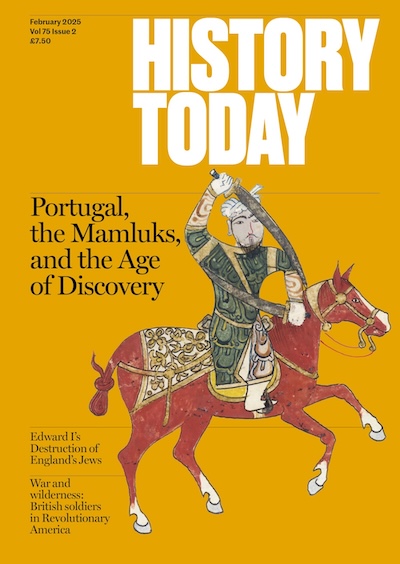Rhodes Must Not Fall
Removing visual reminders of unsavoury history is not the best way to confront the past.

In recent months, the hashtag #Rhodesmustfall has been trending on social media. The University of Cape Town, the originators of the movement, has already seen the removal of its own statue of Cecil Rhodes – the controversial 19th-century British imperialist, businessman and mining magnate – on the basis that his pro-colonialist views and actions are incompatible with 21st-century morality. Now, the Rhodes statue which adorns Oxford’s Oriel College is in jeopardy. Aside from the fact that some Oxford students seem to be missing the point historically – All Souls’ statue of Christopher Codrington, who was much more directly involved in the slave trade, ought to take priority in this iconoclasm – for the sake of history it is vital that Rhodes must not fall.
The image of Rhodes is a historical document, much like a book or a painting, that, if removed, would amount to a censorship of history. The University of Oxford has indulged in such behaviour in the past: both John Milton and Thomas Hobbes had their books ritualistically burnt in the Bodleian Library’s quadrangle. For a campaign wishing to break with the past, it bears an ironic continuity with it. Some will argue that iconoclasm is not necessarily tantamount to the erasing of history. I believe, however, that historical sources such as statues and plaques provide an important gateway for the casual observer to engage with the problems of the past. Many Oxford students (and certainly most tourists) are not historians. Without public history they will be unlikely to question how the society around them came to be formed. By removing his statue, wider awareness of Rhodes and his actions diminish significantly. This, the total censorship of his legacy, is surely not what the campaign wants?
Such an erasure of history will result in a diminished understanding of those that suffered because of Rhodes – and other’s – actions. A similar predicament has been confronted by an anonymous group at Harvard in the last couple of weeks. Harvard, an institution directly funded by wealth generated through slavery, even more so than Oxford, is littered with busts, statues and plaques commemorating slave-owning benefactors and chancellors who are, by modern standards, morally disgusting. Rather than deface or attempt to remove these histories, however, someone has decided to highlight their hidden horrors with pink notes providing context. While there is a movement at Harvard called #Royallmustfall (the Royalls being the slave-owning founders of Harvard Law School), the anonymity of the added annotations suggests an intentionally more nuanced approach. Retaining proof of an unsavoury history can better illuminate the past. A piece of history does not have to be destroyed when it is not agreed with, but rather should be contextualised. To deliberately forget is to forget not only the cause of suffering but the suffering itself. That is a disservice to those the #Rhodesmustfall campaign believes it is acting for.
Removing the statue of Rhodes and others like him is not the solution to the problem. It is wrong to disregard #Rhodesmustfall and it is right to recognise the flaws in our heritage, to remember the wrongs committed in the past. To remember the victims though, we must remember the criminals. To remove Rhodes’, or for that matter the Royall’s, Codrington’s or any other controversial historical figures’ images is to make the sort of history we ought to be confronting less accessible. For this reason, Rhodes must not fall. It is the revision of history that is needed, not its removal.
Rupert Fitzsimmons is on a gap year and hopes to start a degree in History in 2016. He writes the blog Pilgrimage to the Past. Twitter: @RupertFitzs.






